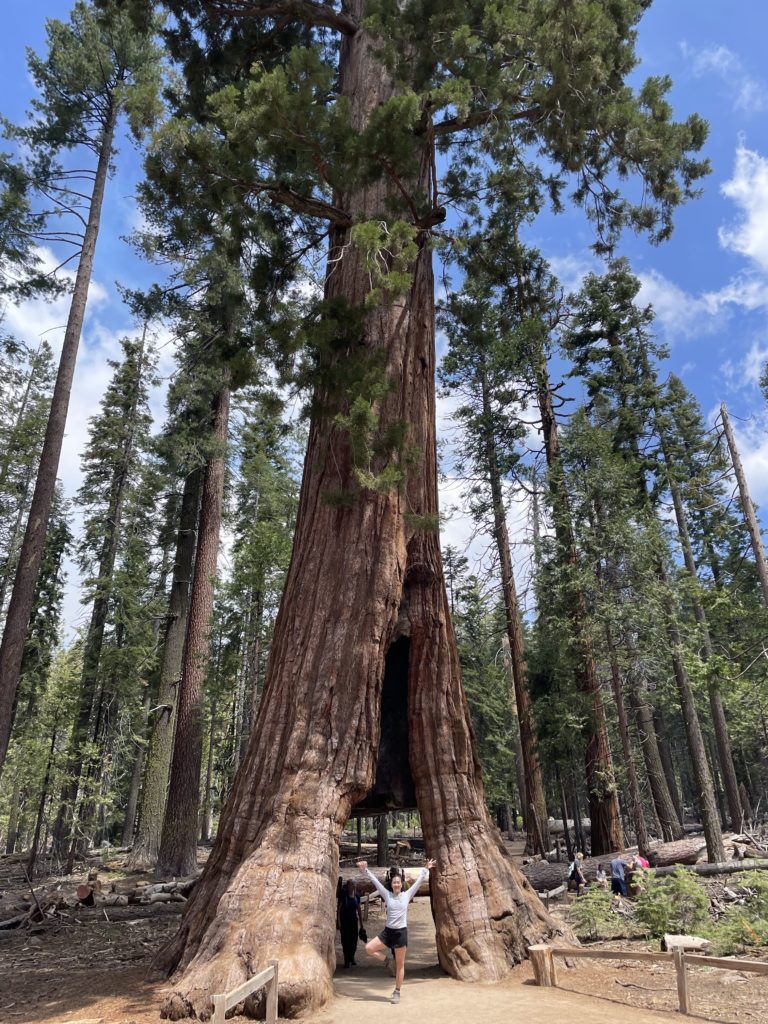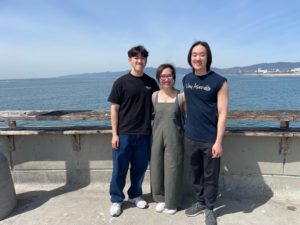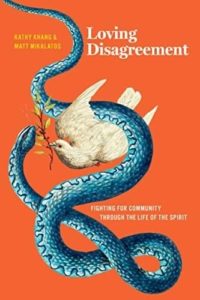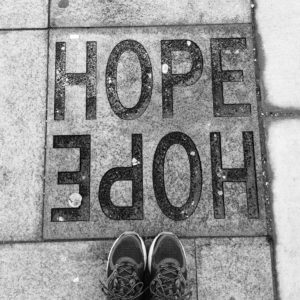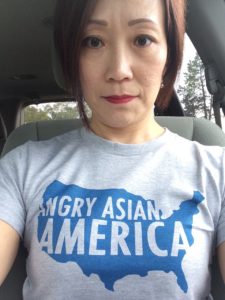I got my first county jury summons a few weeks ago, and my reaction was one of excitement and dread. Since becoming a naturalized citizen, pledging my allegiance and paying literal dues, I’ve tried to take the privilege of citizenship seriously and not take it for granted. I vote, work as an election judge, trained to register new voters, and try to stay informed on local, national, and global policies as best I can without sending me spiraling. The jury summons, believe it or not, is icing on the cake, another chance for me to see how part of the sausage, so to speak, is made.
I’ve seen over the years many of My Dear Readers and others on the interwebs post about their dread and disdain for receiving similar summons. The possibility of losing time and income doesn’t motivate anyone, and it’s also not a privilege just anyone can take on. A jury case could last days or weeks, and I know very few people who could afford that kind of time off. I can’t afford that kind of time off. The system reminds us that it is a literal DUTY for all citizens to prepare to fulfill and while no one wants my opinion, my opinion is that system SHOULD make it financially viable for ANYONE to fulfill that obligation. YES, the system is broken, imperfect, and biased but also we can work to change the system while the system chugs on. Easy? No. Change is not easy. Systemic change is not easy, not linear, not this or that.
My request for a change of date of service due to prior commitments (non-refundable tickets to our annual family vacation) was approved quickly via the county website. I thought it was interesting that part of our vacation, as it has been for the past few years, included a visit to one of our country’s national parks. This year we had the privilege of hiking and visiting Yosemite National Park. Yes, we chased waterfalls and were rewarded with stunning views and cold mist.
The first national park was Yellowstone, established by Congress in 1872, putting land in Montana and Wyoming under federal control for use “as a public park or pleasuring-ground for the benefit and enjoyment of the people”. The US currently has 63 areas with “national park” as part of their official name, but technically there are more than 400 national park sites that fall under the broader national park system. And let us not forget that this entire nation is established on stolen land. There are 27 Indigenous Tribes associated with Yellowstone. Depending on where you live, getting to a national park isn’t easy or affordable. Land set aside for public use (and preservation) in theory is wonderful because it’s for everyone, citizens or not – an OPPORTUNITY. However, everyone can’t get to a national park. Again, the system is broken, imperfect, and biased. It also is a beautiful concept adopted globally as a way to protect and preserve land for public use.
I grew up roadtripping to several national parks, mostly in the back of a station wagon or sedan and before seatbelts were legally required. My dad drove us through Acadia (I think my sister and I did some of the driving to this trip), Badlands, Glacier, Grand Teton, Great Smoky Mountains, Rocky Mountain, and Yellowstone. We never camped. My parents didn’t immigrate here from a war-torn and then-developing country to sleep in tents. We stayed in motels, not unlike the one in Schitt’s Creek – in rooms in need of attention and “quaint and charming small towns” just as white and not nearly as entertaining.
Since then I have visited eight more, seven of them with my children. My parents and I are from South Korea, and the Korean peninsula is about 1.4 times smaller than Illinois; they often talked about wanting to see as much of America as they could so most of those parks were part of a road trip involving both of my grandmothers, a station wagon, and a drive to Vancouver, Canada, and back. I remember driving into small towns feeling very uncomfortable and obviously being watched. My sister tells the story of me turning to someone who was obviously staring at the Asians girls in aisle two and telling them, “Take a picture. It will last longer.” I can neither confirm nor deny this memory, but my feelings as a child visiting the national parks were of adolescent indifference, fear of all the white people staring at us and our food (I know now our food – rice, jangjorim, Spam or Dinty Moore beef stew heated up in a hot pot, kimchi, and ssamjang was superior to the cold cut or peanut butter sandwiches), and wonder. There was a lot of wonder. America as a nation is imperfect and exhausting. America as a land is diverse and beautiful.
My parents and I are also all naturalized citizens, while my husband and children are all birthright citizens. Our relationships to the obligations and duties of citizenship are different. I didn’t grow up going to the polls with my parents to watch them vote, and I didn’t see Peter go to the polls to vote very often before I became a citizen. As far as I know, my parents have never been to any kind of protest or demonstration, while I have participated in actions in both Seoul and Chicago, and I drove out with my daughter and a friend to DC to march with others.
So when the jury summons arrived, I approached it as I have approached other duties and privileges of citizenship. I was grateful for quick approval to a date change, which required a few things. I had to call the Friday before my report date to see if I needed to be there first thing Monday morning. It turned out I did not, but by then I had already gotten a sub for my yoga class so I was out the pay. And then I had to call before noon that Monday to see if I needed to report that afternoon. I don’t have an afternoon class but that also meant keeping that afternoon open, and it turned out I did not have to report. And then I had to call again at the end of the business day only to find out that I would not have to report at all the rest of the week.
That is why people hate jury duty. A day “on call” where only certain people can wait for instructions, make phone calls maybe while back at work, and wait to make another call just in case they are called for the next morning. While not as extreme as the process of naturalization, jury duty is actually a heavy burden on most people. I lost of day of work having given away my class to another teacher. My family will be ok but there are individuals and families who cannot afford that. Yes, people can get exemptions but you can only ask for so many exemptions.
Citizenship is such a fascinating idea, especially as a follower of Jesus who has been told by white evangelicals that my citizenship is in heaven therefore I should stop it with the race stuff. I will not stop with the race stuff because my focus isn’t on the afterlife but on God’s will being done on earth as it is in heaven. So that’s why I’m still rambling and mulling over jury duty and national parks. One is a duty by design and the other an opportunity by design, both require a level of privilege for participation. As a Korean American, fulfilling duty and taking advantage of opportunities is baked into my cultural story. I am here because my parents saw opportunity. My existence as an adult child of Korean immigrants is one of duty, and out of both has come a life of privilege connected to community. Maybe that is why this tension feels normal and right. But when I add the layer of faith and religion, it feels normal but so wrong. Why is it that so many aspects of citizenship in the U.S. and the kind of religious life some espouse require so much effort to deny others privilege and opportunities? Why does U.S. citizenship come with so few duties but the duties and opportunities cost so much more for those with less privilege?
But one thing I’ve learned over the years in learning and unlearning is that giving up privilege isn’t the answer. You can use it to open doors, invite others in, burn down the doors to build new views. You can, with enough privilege, share the power and multiply it like fish and loaves of bread. So after I listened to the recording officially thanking me for my time and releasing me from appearing in person, I printed out a list of national parks not unlike when I print or read up on local candidates. Voting is a privilege, and I’m not just going to give it up. I’ll keep trying to learn how to use that little power and privilege to burn the right things down. Visiting the national parks is a privilege, and I’m going to see as much of this country as I can because God’s beauty is everywhere. Even here.
